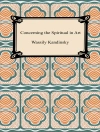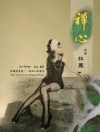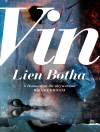Jeffrey Rubinoff is one of the great sculptors in steel of the second half of the twentieth century. In the 1970s and ’80s he exhibited widely in the United States and Canada alongside Anthony Caro, Mark di Suvero and George Rickey, among others. However, in the early 1990s Rubinoff withdrew from the art world altogether and concentrated on creating an extraordinary sculpture park on Hornby Island. This book is the first major account of his remarkable career.
The Art of Jeffrey Rubinoff considers Rubinoff’s life, work and ideas from a variety of perspectives. Barry Phipps describes Rubinoff’s working methods; James Purdon examines the meanings that derive from Rubinoff’s use of steel; Joan Pachner focuses on the formative influence of the abstract Expressionist sculptor David Smith on his work; Maria Tippett examines Rubinoff through the lens of the broader arts scene in postwar Canada; and Aaron Rosen attempts to understand Rubinoff’s values and ambitions in light of his Jewish heritage. Other contributing scholars include Alistair Rider, Mark E. Breeze, Tom Stammers, Alexander Massouras, David Lawless and Peter Clarke. The book’s foreword is written by the distinguished Yale historian Jay Winter.
Drawing on interviews and correspondence with Rubinoff himself, as well as uncatalogued archives and unpublished documents in the artist’s possession, The Art of Jeffrey Rubinoff makes available for the very first time a significant quantity of primary material, both textual and visual, for scholars and students of the future.
Про автора
James Fox: James Fox is an art historian and Fellow of Gonville and Caius College, Cambridge. He has published widely on twentieth-century art. He is the author of British Art and the First World War, 1914-1924 (Cambridge University Press, 2015), and is currently writing a major book entitled The Meaning of Co












